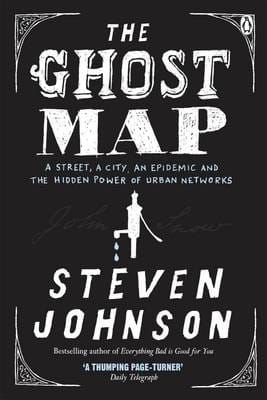Celeste Ng’s Little Fires Everywhere
Winner of the Goodreads choice awards 2017

It’s been a while since Celeste Ng’s best-selling novels have been sitting on my shelf, but I have never figured out the right moment to read it - these are stories I knew I would love, the kind that I would want to read on a Sunday afternoon, with a cup of chamomile tea and a fine plate of vanilla shortbread. But out of the blue, I simply picked up Little Fires Everywhere and little did I know it would lead to devour the entire novel in one sitting.
Right off the bat, I recognized the classic Celeste Ng’s writing style, opening the story with a startling fire where the Richardsons’ house has been burned by their youngest daughter Izzy, with little fires everywhere. Ng always manages to ask a bizarrely fascinating question that lures the readers in, eager to flip through hundreds of pages simply for an answer.
Little Fires Everywhere is set in the late nineties in Shaker Heights, Ohio, progressively planned with social expectations taken to the extreme. The Richardsons are a prime example of such a family - everything is in perfect order. Mr. Richardson and Mrs. Richardson have perfect jobs, three children, and a comfortable house. Enter Mia Warren and her daughter Pearl who breaks seemingly every unspoken rule this neighborhood abides by. Mia, a gifted photographer and a single mother, never settles down and is always on the move. An unstable job, an incomplete family, and a carefree lifestyle - the Warrens’ arrival tips the balance that the community has tried to maintain. The two families clash when a Shaker Heights family attempts to adopt a Chinese baby and take a heavy toll on both the Warrens and the Richardsons.
It wasn’t until the end of the story that I realised it has explored all dimensions of motherhood, from surrogacy to abortion to adoption. It asks the difficult questions of what it means to a mother, and whether a mother has the right to her child. The unending debates between biological and adoptive parents are again exemplified in the story with layers of depth, with themes of justice, honesty, and privileges entwined perfectly.
Celeste Ng has crafted captivating characters where I could not help but feel deeply invested in, each with his or her own unique twist and flare deserving of a novel devoted to her alone. There almost isn’t an antagonist, as every character’s vulnerable side evokes empathy, the darker side kindles the rage. The slow-paced plot added a layer of depth; It’s still a page-turner, more often than not taking its readers to unexpected places. If her vision for this novel was to deliver a powerful story, she has executed it flawlessly. The summary does little justice to the engrossing, emotional tale. It’s best to dive into a story as such knowing as little as possible. Ng has posed difficult questions that remain unanswered to this date, but the ending does give way to her answers on embracing chaos, motherhood, and altruism.alone.









